As a HR Generalist your role is naturally varied which can lead to a broad but shallow skillset, which is fine especially if you operate in a large HR team with centres of excellence. However, if you operate in a smaller organization, you may be asked to take on in-depth projects within a specific discipline of HR.
Clearly it is not possible to be a specialist in every area so choosing one or two disciplines is a smart way to keep develop your skillset and give yourself an advantage in this competitive job market. It may not always be your choosing – it may be that your organization needs project completing and doesn’t have the budget for external support. We find that the best developed specialist skillsets are acquired via a combination of inclination and opportunity.
In this first article we explore one of the most requested skillsets in HR Generalists – Employee Reward. Below is list of Reward responsibilities / specialist element of the discipline to check off on your way to becoming a Reward SME!
Compensation Philosophy:
At the heart of every successful Reward strategy lies a clear Compensation Philosophy. This philosophy defines your organization's approach to pay, encompassing market positioning, pay for performance, and internal equity. By articulating these principles, you establish a foundation for fair and competitive compensation practices that resonate with your workforce.
Salary Structures:
Crafting robust Salary Structures is essential for maintaining internal equity and external competitiveness. These structures delineate pay ranges aligned with job levels and market rates, ensuring transparency and consistency in compensation decisions across the organization.
Job Evaluation:
Objective Job Evaluation processes assess the relative value of each role based on factors such as skills, responsibilities, and working conditions. By systematically benchmarking job roles, you establish a framework for equitable pay scales and career progression paths.
Market Pricing:
Benchmarking pay rates through Market Pricing against industry surveys and competitor data is crucial for staying competitive in talent acquisition and retention. This data-driven approach ensures that your compensation packages remain attractive and aligned with prevailing market standards.
Merit Increases:
Determining Merit Increases based on performance and budgetary considerations reinforces a culture of performance excellence. By linking pay raises directly to individual achievements, you motivate employees to strive for continuous improvement and contribute to organizational goals.
Variable Pay:
Designing and administering Variable Pay components such as bonuses, commissions, and incentives incentivizes performance-driven outcomes. These programs not only reward exceptional contributions but also align employee efforts with strategic objectives, fostering a culture of accountability and achievement.
Equity Compensation:
Offering Equity Compensation options like stock options, restricted stock units, and employee stock purchase plans can be instrumental in retaining key talent and aligning employee interests with long-term organizational success. These incentives serve as powerful tools for attracting top talent and retaining high performers.
Executive Compensation:
Crafting Executive Compensation packages tailored to senior leaders, including base salary, performance incentives, and perquisites, ensures alignment with executive performance and shareholder interests. These packages play a pivotal role in attracting and retaining leadership talent critical to driving organizational strategy.
Benefits Strategy:
Your Benefits Strategy goes beyond traditional health and retirement benefits to encompass a comprehensive approach to employee well-being and satisfaction. Selecting and managing cost-effective, competitive benefits packages enhances employee engagement and supports recruitment efforts.
Health Insurance and Retirement Plans:
Providing robust Health Insurance coverage and Retirement Plans beyond the Superannuation Guarantee demonstrates your commitment to employee welfare and financial security. These benefits are essential components of your overall Reward strategy, influencing both recruitment decisions and employee retention.
Wellness Programs and Paid Leave:
Investing in Wellness Programs that promote employee health and well-being contributes to a positive work environment and reduces absenteeism. Similarly, administering Paid Leave policies that include vacation, sick time, and personal days supports work-life balance and enhances overall employee satisfaction.
Payroll Administration:
Ensuring accurate and timely Payroll Administration processes are critical for maintaining employee trust and compliance. Seamless payroll operations demonstrate organizational reliability and underscore your commitment to fair compensation practices.
As HR professionals, your expertise in navigating the complexities of Compensation & Benefits is instrumental in shaping organizational culture, fostering employee engagement, and driving business success. By embracing innovative strategies and leveraging data-driven insights, you continue to elevate the employee experience and position your organization as an employer of choice.

